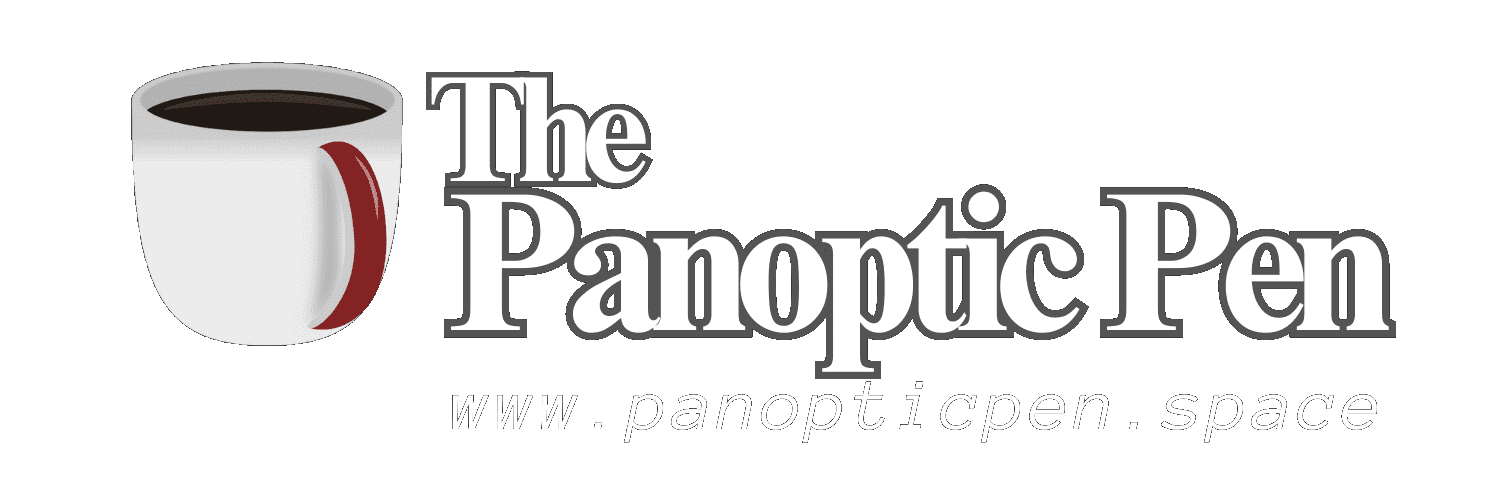2023-10-12T12:59
The Healing Power of Music

Music is a universal language that transcends boundaries and speaks to the depths of the human soul. Its profound ability to evoke emotions, calm nerves, and uplift spirits has been recognized for centuries. From ancient civilizations to modern medical practices, the healing power of music has been harnessed to promote physical, emotional, and mental well-being.<br> <br><a href='https://distrokid.com/vip/seven/1061054'><i class="fa-sharp fa-solid fa-certificate fa-bounce"></i> Earn money, publish your music on ALL MAJOR STREAMING PLATOFRMS such as Spotify, Apple, YouTube, Amazon, Tidal and 150+ more stores with Distrokid for only a couple of bucks! Start instantly, earn forever!</a><br><br> 1. A Historical Perspective: The use of music for healing can be traced back to ancient civilizations like the Greeks, Egyptians, and Chinese. These cultures employed music in various forms to treat ailments and promote healing.<br><br>2. Reducing Stress and Anxiety: Listening to soothing music has been scientifically proven to reduce stress and anxiety levels. The gentle melodies and harmonies can have a calming effect on the mind, helping individuals relax in times of distress.<br><br><div id='bottom_banner_dyno'></div><br><br>3. Pain Management: Music therapy is increasingly used in healthcare settings to aid in pain management. The distraction and relaxation provided by music can alleviate pain perception, making it a valuable tool for patients recovering from surgery or dealing with chronic pain conditions.<br><br><a href='https://go.coinmama.com/visit/?bta=60983&brand=coinmamaaffiliates'><i class="fa-sharp fa-solid fa-certificate fa-bounce"></i> Earn money with Coinmama Affiliates! Start instantly!</a><br><br> 4. Enhancing Cognitive Function: Music's impact on cognitive function is remarkable. Studies have shown that music can improve memory, enhance focus, and stimulate creativity, making it beneficial for individuals with neurodegenerative diseases like Alzheimer's.<br><br><a href='https://go.fiverr.com/visit/?bta=237457&brand=fiverraffiliates'><i class="fa-sharp fa-solid fa-certificate fa-bounce"></i> Earn money with Fiverr Affiliates! Start instantly!</a><br><br> 5. Mood Elevation: Upbeat and cheerful music can elevate one's mood, promoting feelings of happiness and positivity. It can be an effective antidote to the blues, helping individuals overcome periods of sadness or depression.<br><br>6. Expressing Emotions: Music provides a safe outlet for individuals to express their emotions. Composing, playing, or simply listening to music can help people process complex feelings and find solace in times of grief or heartache.<br><br>7. Connection and Communication: Music is a powerful medium for non-verbal communication. It allows individuals who may struggle to express themselves verbally to connect with others on a deep emotional level.<br> <br><a href='https://www.gate.io/signup/XwRNVl4L?ref_type=103'><i class="fa-sharp fa-solid fa-certificate fa-bounce"></i> Check out Gate.io. Get a $100 Gate.io Points and $5,500 USDTest when you sign up with my link!</a><br><br> 8. Boosting Immunity: Some studies suggest that listening to music may have a positive impact on the immune system. While it's not a replacement for medical treatment, music's ability to reduce stress can indirectly support overall health.<br><br>9. Heart Health: The rhythmic patterns in music can synchronize with our heartbeats, potentially leading to improved cardiovascular health. This phenomenon, known as entrainment, can help regulate heart rate and blood pressure.<br><br>10. Therapeutic Practices: Music therapy is a recognized field within healthcare that employs music to address a wide range of physical and emotional issues. Trained music therapists work with patients to tailor music interventions to their specific needs.<br><br>11. The Power of Lyrics: Beyond melodies, lyrics can carry profound messages of hope, love, and resilience. Inspirational songs have the ability to motivate individuals to overcome challenges and persevere.<br><br>12. Cultural Diversity: Music's healing power is not confined to a single genre or culture. Different types of music resonate with different people, reflecting the diversity of human experiences and preferences.<br><br>13. Music and Meditation: Many meditation practices incorporate music to enhance the meditative experience. Calming sounds and chants can deepen one's connection to inner peace and spirituality.<br><br>14. Music as a Coping Mechanism: People often turn to music during difficult times as a form of self-care. Creating playlists of favorite songs can provide a sense of comfort and stability.<br><br>15. Sound Therapy: Beyond listening to music, sound therapy uses specific frequencies and vibrations to promote healing. Instruments like Tibetan singing bowls are used to restore balance and harmony.<br><br>16. Children and Music: Music plays a vital role in child development. It aids in language acquisition, promotes social skills, and helps children express themselves emotionally.<br><br>17. Music and Movement: Combining music with physical activity, such as dance, can further enhance its healing effects. Dance therapy is used to improve physical fitness and emotional well-being.<br><br>18. Neurological Rehabilitation: Music therapy is utilized in neurological rehabilitation to help patients regain motor skills and cognitive function following brain injuries or strokes.<br><br>19. Holistic Healing: The holistic approach to healing recognizes that music can address the physical, emotional, and spiritual aspects of a person's well-being, promoting a sense of wholeness.<br><br>20. A Lifelong Companion: Music remains a constant companion throughout a person's life. From lullabies in infancy to songs of reminiscence in old age, it weaves a thread of continuity and comfort.<br><br>21. Accessible to All: One of the most beautiful aspects of music is its accessibility. Regardless of age, background, or ability, anyone can engage with music and experience its healing benefits.<br><br>22. Scientific Validation: Numerous scientific studies continue to validate the therapeutic potential of music, shedding light on the mechanisms through which it affects the brain and body.<br><br>23. Personalized Playlists: With the advent of digital technology, individuals can curate personalized playlists to suit their moods and needs, harnessing the therapeutic potential of music on a daily basis.<br><br>24. A Source of Hope: In times of adversity and uncertainty, music has the power to offer hope and solace. It reminds us of the beauty and resilience of the human spirit.<br><br>25. Conclusion: In a world filled with noise, the healing power of music stands as a testament to the enduring connection between sound and the human soul. Whether through scientific studies or personal experiences, we continue to uncover the profound ways in which music can heal, soothe, and uplift us on our journey through life.<br><br>


